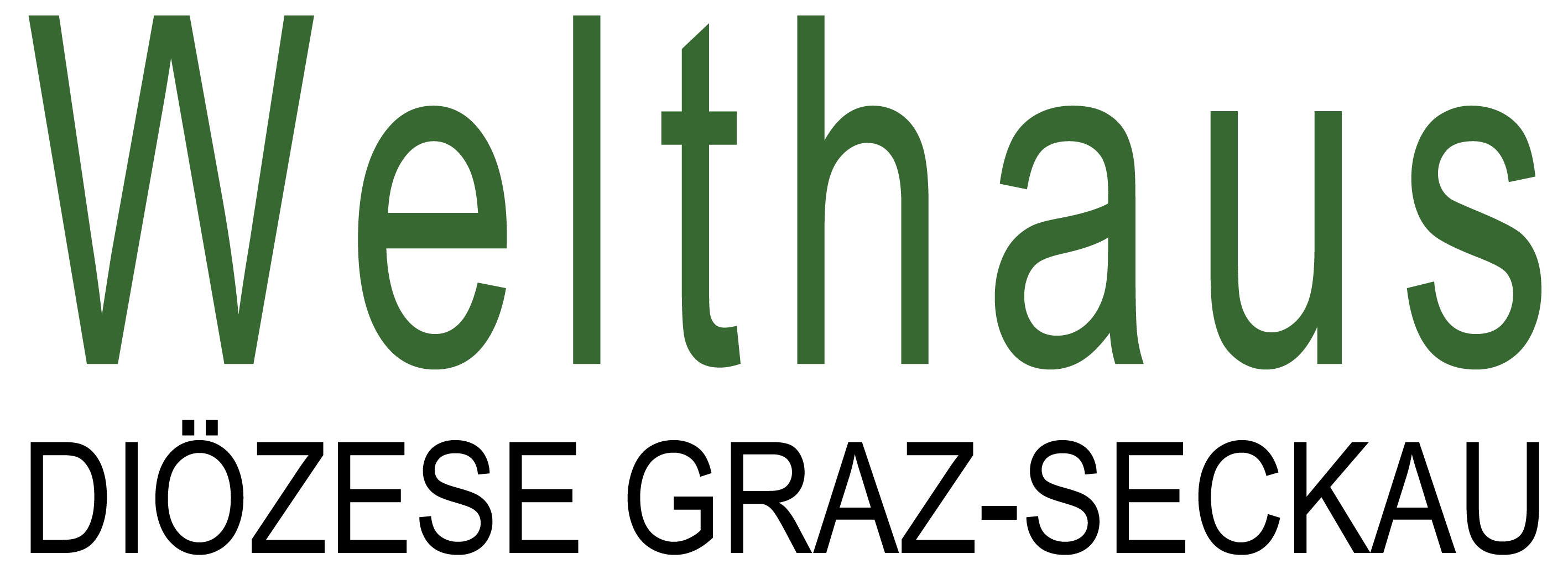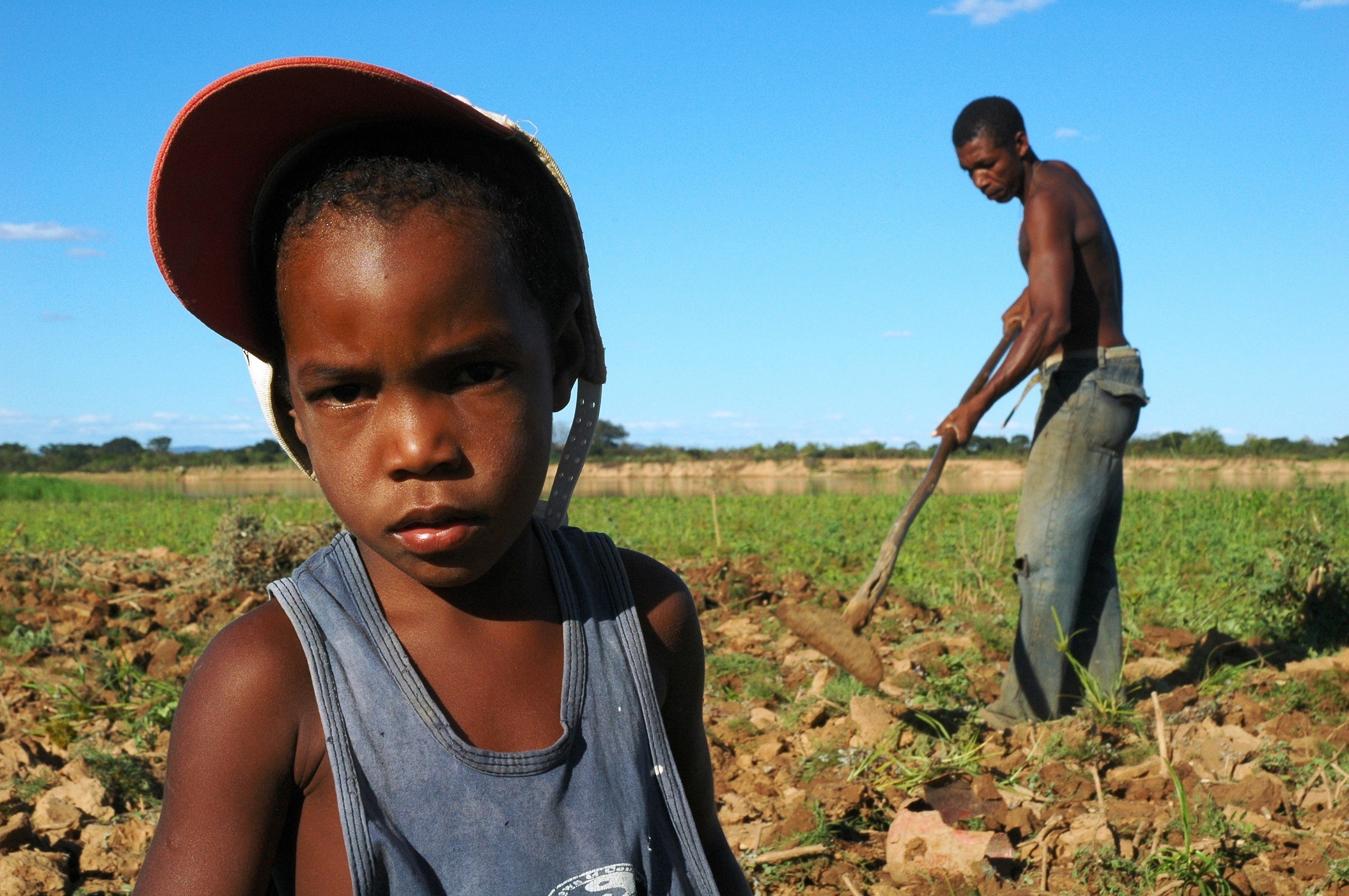Welthaus aims to bring about change in its work with marginalised people by working together with those affected, which would enable them to live in dignity. This is accomplished by supporting civil society in each project country, so that they can make demands for an equitable development. Welthaus advocates for access to food and land in order to lay the foundations for food sovereignty, which is the human right to sufficient, healthy and locally adapted nutrition.
Active Worldwide
In Argentina, Welthaus campaigns for the rights of indigenous peoples as well as smallholder families and advocates against the increasing destruction of their livelihoods. Another project in Tanzania focuses on conveying information on land rights to the local population and government officials. The goal is to generate socially equitable access to land and property rights. In Laos, Welthaus supports a project which focuses on preserving natural resources. As part of the project, villages develop regulations for the sustainable use of forests and pastures to maintain livelihoods.
Political Responsibility
Often, Austrian and European policies can have a negative impact on living conditions in developing countries. Many peoples and countries are not able to determine their own food and agriculture policy. Therefore, Welthaus is engaged nationally as well as internationally to help dismantle unequal structures and inequitable basic conditions.
European agricultural, economic and trade policies often affect developing countries negatively. The EU, however, has committed itself to the treaty of Lisbon in order to avoid this to happen. The Sustainable Development Goals (SDGs), adopted by all United Nations states including Austria, should be taken into account as well. Hence, a political and economic foundation is needed to ensure that people in developing countries have access to means of production like water, seeds and, above all, land.
Tank and trough instead of a plate?
The global use of agrofuels and the high consumption of meat, however, jeopardize the access to these means of production as more and more land in developing countries is being claimed for the cultivation of fodder (especially soy) and raw materials for agrofuels (e.g. soy, palm oil, sugar cane). Furthermore, cheap exports from the European Union (such as milk powder, vegetables, meat) ruin or hinder local economic cycles. Concerning this matter, appropriate changes need to be brought about.
Key aspects
Agricultural Policy of the European Union
Agrofuel Policy of Austria and the European Union
Trade Policy of the European Union
Policy Coherence for sustainable development
These issues affect the opportunity of achieving food sovereignty on a global scale and they contribute to the fact that the right to own land is in jeopardy, especially in developing countries.
Additionally, Welthaus is involved in regional, national and international networks as well as umbrella organisations to ensure that changes in the political and economic foundation occur at the appropriate levels.
Our lobbying activities focus on food sovereignty worldwide and the Right to Land. For instance, we initiated a network of organisations in order to have an influence on the European agrofuels policy. Furthermore, we engage with other networks and platforms working on issues related to the CAP and the CAP reform. Additionally, we are active within umbrella organisations like the Global Responsibility Platform and the Coordinating Office of the Austrian Bishops’ Conference for international development and missionary work (KOO).

